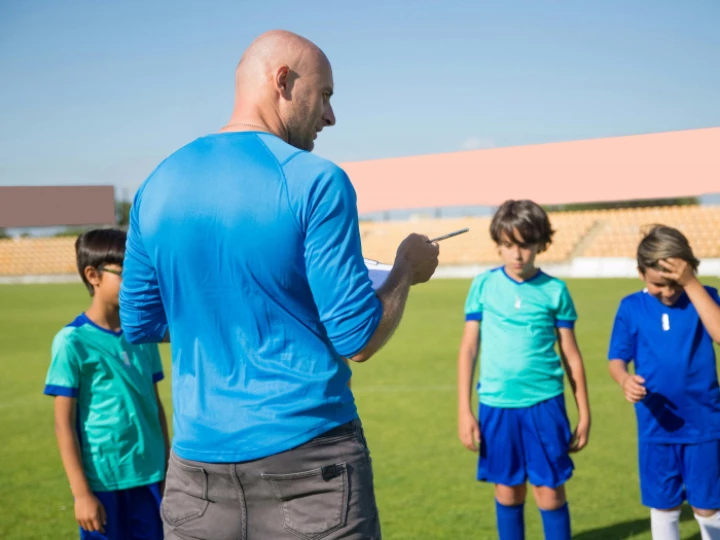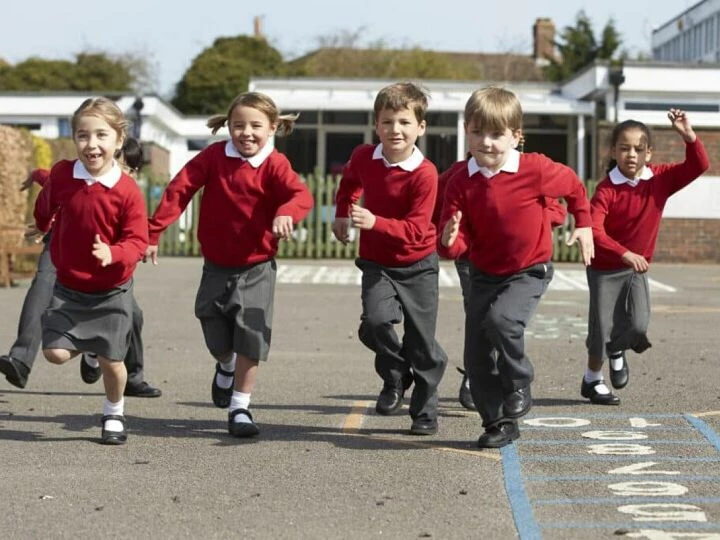
Sports psychology can have a significant and positive impact on children personally, as it helps them develop important life skills, improve their well-being, and enhance their performance in sports.
Here are some of the key ways sports psychology can impact children on a personal level:
1. Building Confidence 2. Improving Emotional Regulation 3. Enhancing Focus and Concentration 4. Fostering Teamwork and Social Skills 5. Promoting Resilience and Coping Skills 6. Encouraging Goal Setting 7. Reducing Stress and Anxiety 8. Improving Self-Discipline 9. Promoting a Positive Relationship with Physical Activity 10. Building a Sense of Identity and Self-Worth

Sports psychology can have a meaningful impact on children in the classroom, helping them improve their behavior, mindset, and overall academic success.
Here are some ways sports psychology positively influences children in the classroom:
1. Improved Focus and Concentration 2. Enhanced Emotional Regulation 3. Building Confidence 4. Stress Management 5. Growth Mindset 6. Improved Social Skills and Teamwork 7. Goal Setting and Motivation 8. Resilience and Coping with Failure 9. Self-Discipline and Time Management 10. Better Behavior and Classroom Presence 11. Positive Attitude Towards Learning 12. Increased Self-Esteem

Sports psychology can have a significant and positive impact
on whole school development by fostering a more supportive, engaged, and well-rounded learning environment. Here’s how sports psychology influences whole-school development:
1. Promoting a Positive School Culture 2. Enhanced Student Engagement 3. Improved Behavior and Discipline 4. Enhanced Teacher-Student Relationships 5. Promoting Physical and Mental Health 6. Improving Academic Performance 7. Positive Influence on School Leadership 8. Creating a Unified School Vision 9. Improved School Performance in in Sports 10. Encouraging Lifelong Physical and Mental Health

Sports psychology can have a profound and lasting impact on a young player, both on and off the field. The skills and techniques learned through sports psychology can shape a young player's mental and emotional development, enhance their athletic performance, and improve their overall well-being.
Here are some of the key ways sports psychology can impact a young player:
1. Improved Performance 2. Better Emotional Regulation 3. Greater Self-Discipline and Motivation 4. Enhanced Mental Toughness 5. Improved Social Skills and Team 6. Healthy Stress Management and Coping Skills 7. Better Focus and Concentration 8. Balanced Life and Well-Being 9. Increased Longevity in Sports 10. Improved Academic Performance

